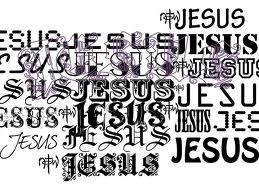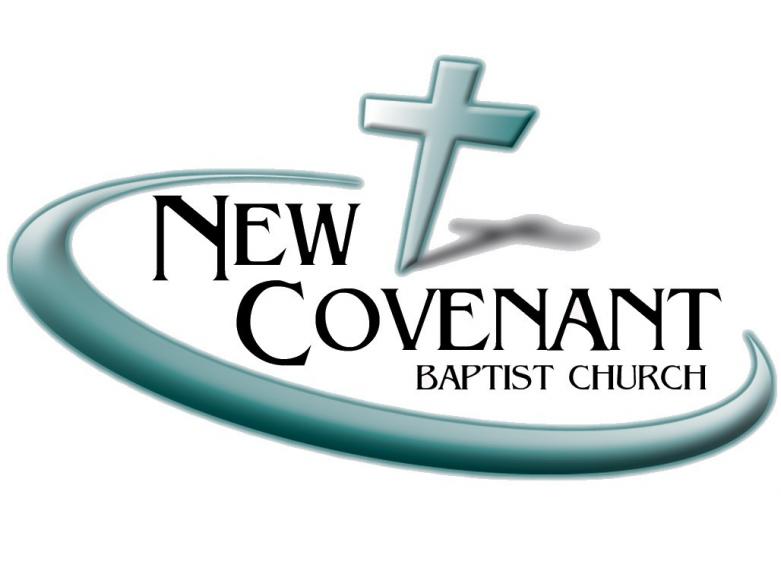 In my last post I looked at Luke 9:49-50 to see what it teaches us about people who serve Jesus who are not a part of my group. The passage reads:
In my last post I looked at Luke 9:49-50 to see what it teaches us about people who serve Jesus who are not a part of my group. The passage reads:49 Now John answered and said, "Master, we saw someone casting out demons in Your name, and we forbade him because he does not follow with us."
50 But Jesus said to him, "Do not forbid him, for he who is not against us is on our side."
From this I concluded that Jesus has a variety of servants and many of them do not belong to my group. In the scripture story John’s complaint against this unknown exorcist is that "he does not follow with us." They knew the man was acting in Jesus' name. In fact John says to Jesus, “we saw someone casting out demons in Your name.” The problem was that he didn't belong to their group. He’s not in the “in-crowd” so he is an “outsider,” not one of the gang. We don’t know him, he isn’t one of us.
So the work of God gets shut down. Jesus, who has been breaking boundaries all over the place so that people could be free, now confronts His closest disciples who are, instead of following Jesus’ example and breaking down boundaries, are actually putting up new boundaries; finding new ways to keep people out, and restrict the Kingdom of God.
Now we do need to be careful in this area because not everyone who uses the name of Jesus has Jesus’ authority or His Spirit. There are a lot of things that have been done in Jesus’ name that He has nothing to do with. Think about the abuses of Jim Jones, David Koresh...and many others who have used the name of Jesus to lead people astray.
Also think of some of the actions of churches and church people. Not all church splits, policies, attitudes, or spirits glorify God. In these cases Jesus’ name is used, but He is not authorizing or empowering what they are doing.
Take for instance the interesting account of the seven sons of Sceva in Acts 19. They were going around trying to invoke the name of Jesus over those who were demon possessed. They would say, "In the name of Jesus, whom Paul preaches, I command you to come out." (Acts 19:13 NIV). One day these guys tried this, “And the evil spirit answered and said, ‘Jesus I know, and Paul I know; but who are you?’” (Acts 19:15 NKJV). And Luke tells us the result of that encounter was, “Then the man in whom the evil spirit was leaped on them, overpowered them, and prevailed against them, so that they fled out of that house naked and wounded.” (Acts 19:16).
Another reason to be careful about how we apply these words of Jesus is that in our day many have made an idol out of tolerance. If we as Christians or as a church dare to confront false teaching or immorality in our midst we can be accused of being “intolerant.”
Here's the kind of argument you might hear: "The Lord said: 'Do not forbid him.' therefore, even though someone may not be with us; even if they happen to be teaching some things that are wrong; even though they approve of immoral practices, so long as they are not against us, and so long as they ascribe the name of Christ to their work, we should not forbid or criticize them.” This is the "practical lesson" some have derived from this text.
But John didn't say this man was guilty of some wrong. He didn't say the unidentified man was teaching false doctrine. The only thing John said was, "he does not follow with us!"
And consider what Jesus says about the man. Jesus said of this man, he is "not against us." In Mark's account, Jesus said of this man, "Do not forbid him, for no one who works a miracle in My name can soon afterward speak evil of Me," (Mark 9:39). It is clear, this man was not a false teacher! Had this he been a false teacher, what do you think Jesus would have said about him? Likely, as Jesus did with the scribes and Pharisees, He probably would have called him a "ravenous wolf," and compared him to a bad tree that bears bad fruit; a tree worthy of being "cut down and thrown into the fire," (see Matt. 7:15-20).
So, whatever this passage means, we can be certain it doesn't mean we must refrain from exposing false teachers and immoral practices. The text affords no ground for that whatever. Gospel preachers are to charge false teachers ''that they teach no other doctrine," (1 Tim. 1:3). Our duty is to "rebuke" and "exhort," (2 Tim. 4:2). Jesus never endorsed tolerance of anything morally or doctrinally wrong.
In my next post I will discuss more how to tell if someone is truly acting in Jesus’ name.
What other dangers do you see from people who claim to be doing things in Jesus’ name?






I think in the area of finances. I once heard a preacher criticize a man for the type of car he was driving. Because the man had a Christian bumper sticker on the care he felt the man was dishonoring God because his car was run down. In his discourse he basically said there was no room for financial poverty in God's Kingdom.
ReplyDeleteI happen to disagree.
Larry, I would be much more likely to criticize a pastor who drives a $100,000 luxury car than I would the poor man. Would I take that as an excuse to avoid this pastor or to refuse to cooperate with him in kingdom work?
ReplyDeleteThe question is, am I justified in being critical of him? Or am I just as wrong as the preacher who criticized the poor Christian? I understand that we are called to be discerning and to judge ourselves within the body of Christ.
Can I say the rich pastor is not really ministering in Jesus' name? Or am I "forbidding him" because he is doing it differently than me?
Questions to consider. --Richard
The other danger I see is when the only time people evoke the name of Jesus is when there is a large crowd. I wonder sometimes if they are doin' it for Him or for them.
ReplyDeleteLouder doesn't make it any more powerful than quietly prayed.
I def agree with Kevin on this one. Being in a place personally where I see people doing thing in Jesus name that I disagree with, I find that I need to make special efforts to make sure the disagreement is taken care of appropriately. The whole "Take your brother aside" thing.
ReplyDeleteThe main reasons I would feel the need to confront someone acting "in Jesus name" would be if they were clearly and consistently acting in a way that dishonors Jesus' name (like clear heresy or immorality). And really I think I would really only do it then if they claimed to be a true believer. Unbelievers should be expected to dishonor the Lord, but as believers we should be expected to honor Jesus' name.
ReplyDelete--Richard